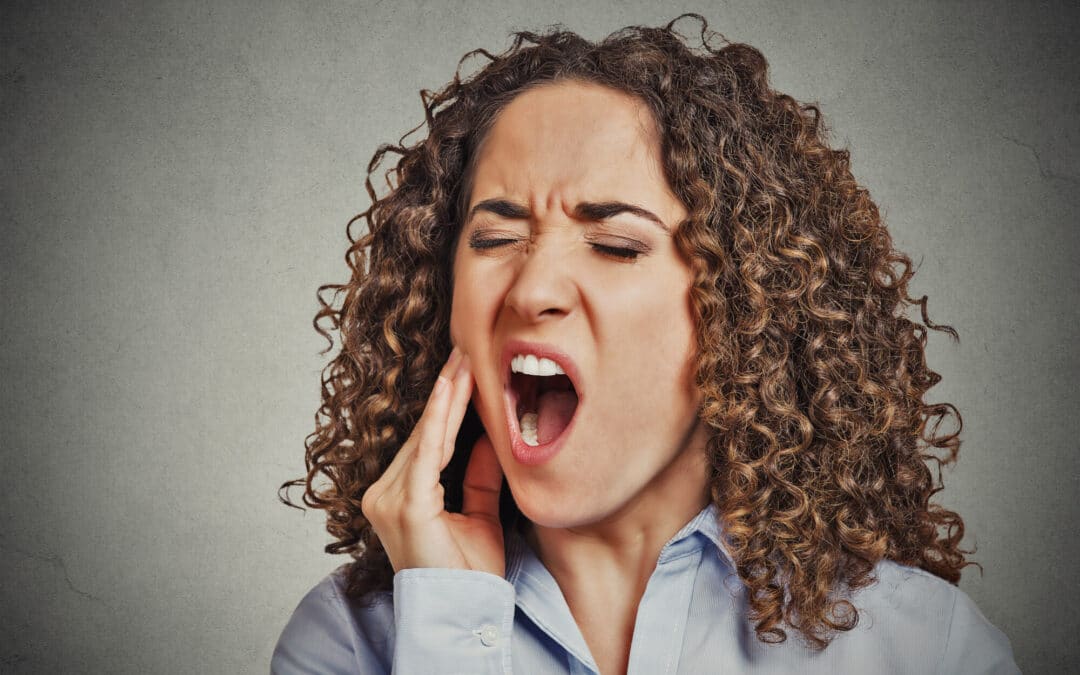Wisdom teeth are relatively unnecessary teeth that are no longer a healthy fit in the mouths of 75-80% of Americans. Most dentists will agree and will likely advise that wisdom teeth removal aftercare is of the utmost importance. Suppose you are part of the overwhelming majority of Americans facing the prospect of wisdom tooth extraction. In that case, you must have many questions, especially if you are not a big fan of going to the dentist.
Wisdom Teeth Removal Aftercare
The only thing more dreadful than having all four wisdom teeth extracted is choosing the wrong food after your wisdom teeth removal.
The procedure can vary based upon the severity of the dental injury and how strictly you adhere to your dentist’s advice.
Wisdom Teeth Removal Pain
If anyone ever tells you that their wisdom tooth extraction was painless, you should question them, especially if they are dental professionals. Side effects of wisdom tooth extraction are typically due to the anesthesia involved in the surgery. However, here is a chance that the side effects will far outweigh the pain.
Anesthesia and Recovery Time
Depending on the types of anesthesia that your dentist or dental surgeon decides is appropriate for your operation, the recovery time can vary when it comes to recovery time. Brandon Charlton, MD, and member of ABEM (American Board of Emergency Medicine) say: “Nitrous oxide in small doses can be used for general anesthetic purposes safely given its half-life of a few minutes. Typically, it can be combined with a local anesthetic, of which the risks are minimal aside from allergic reactions.”
If you follow the advice of the professional who conducted your procedure, you should be good to go within a week.”
With that said, you must consider your food intake after your wisdom teeth removal. If you are a smoker, you should consider stopping before your surgery. Smoking while in recovery from a wisdom tooth extraction can result in a painful and dangerous condition known as a “dry socket.”
What Is “Dry Socket” and What Are the Symptoms?
The condition known as “dry socket” is an excruciating result of a post-procedure dental operation.
Medically speaking, a “dry socket” happens when a foreign body (such as food, smoke, etc.) is introduced to a newly-injured site. Root canals and wisdom teeth removal aftercare are the most common instances.
Typically, a blood clot will form over the point of surgery to protect the bone or dental roots in your mouth. “Dry socket” happens when that clot or protection fails or is removed.
Let’s look at some of the symptoms of dry socket:
- Extreme pain at the site of extraction
- Exposed bone
- Acute, quick “zing” pain due to exposed nerves
- Bad breath
- Terrible taste in your mouth
Learn About Wisdom Teeth Removal Aftercare
Getting several teeth extracted from your jaws can be difficult, especially for younger folks, and we understand the difficulties and specialize in catering to our patient’s needs. If you need a procedure done in the area, please get in touch with us for a consultation.

